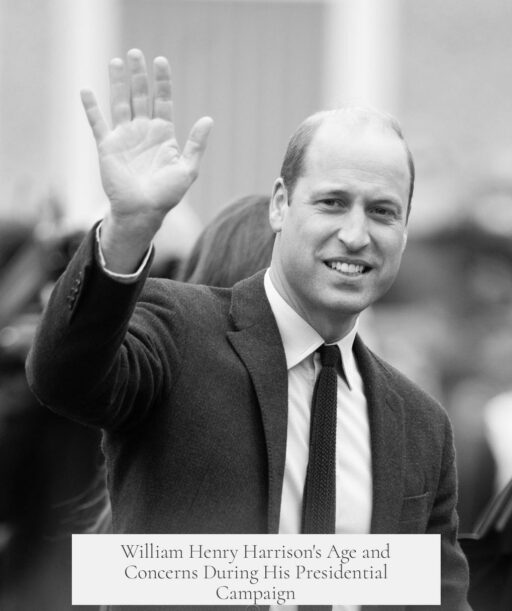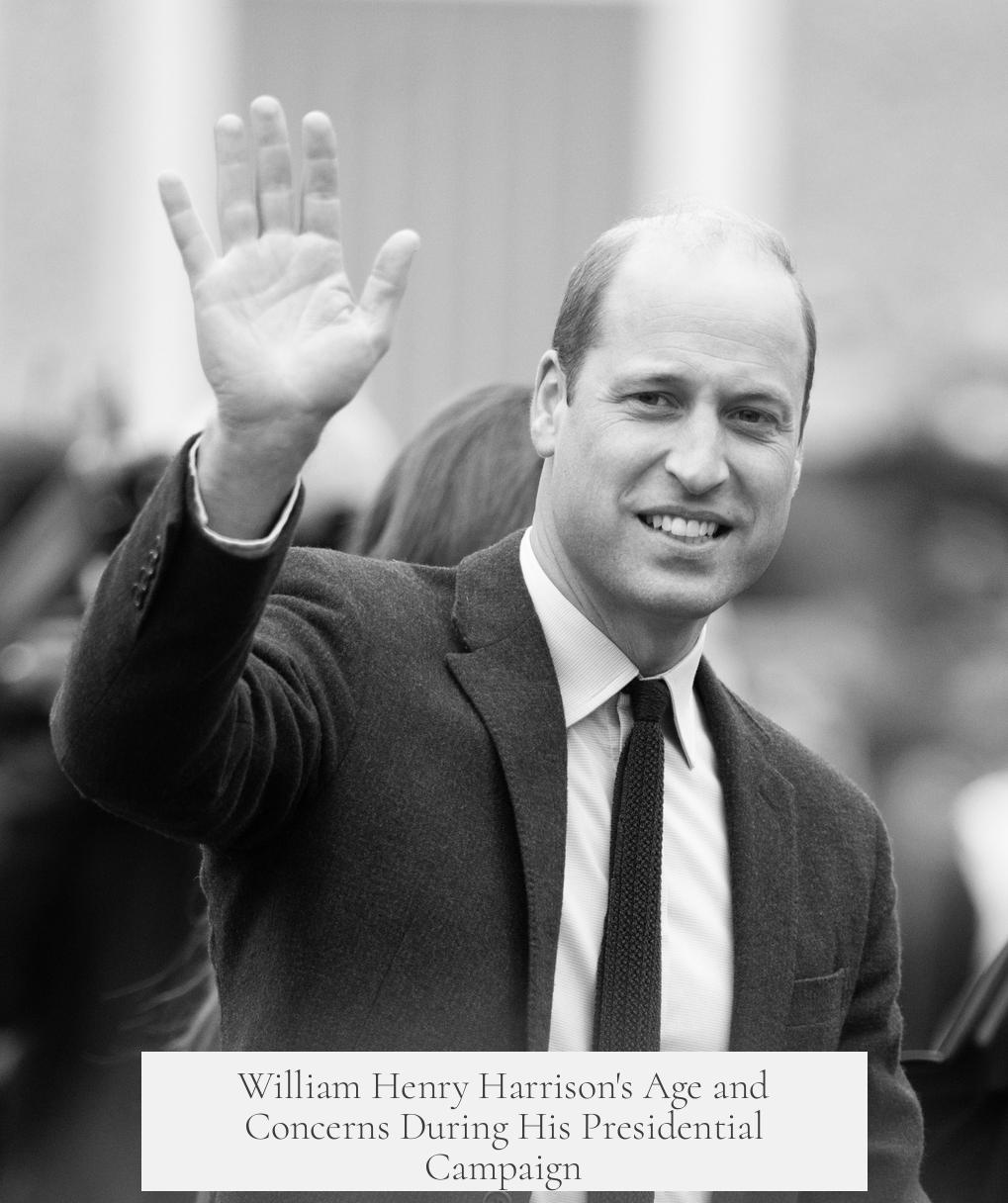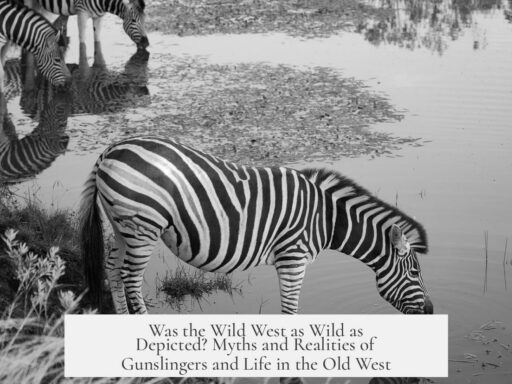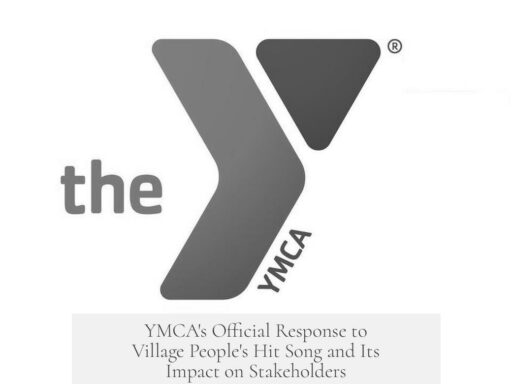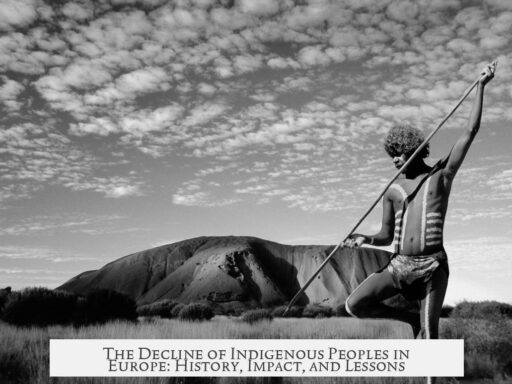William Henry Harrison’s age was acknowledged as notable during his 1840 presidential campaign, as he was the oldest man elected president at the time, at 68 years old. However, his age was not a major campaign issue, and there was no significant public or political concern about his mental capacity, likelihood of dying in office, or being out of touch with younger voters during the election.
Harrison’s presidential campaign is best remembered as the “Log Cabin Campaign.” This political strategy portrayed him as a man of the people, living simply, and understanding the struggles of ordinary citizens. It was a deliberate effort to counter any perception that he was out of touch with the electorate or disconnected from younger or common voters. The campaign emphasized his military heroism and down-to-earth image rather than focusing on his advanced age.
The fact that Harrison was 68 years old—the oldest person elected president up to that point—was known. However, campaign materials and public discourse did not emphasize this as a potential liability. The Whig Party focused on contrasting Harrison’s image with that of the incumbent president, Martin Van Buren, who was portrayed as an aristocrat disconnected from ordinary Americans.
No historical evidence shows that Harrison’s mental fitness was questioned publicly during the campaign. Nor did doubts about his intellectual capacity surface as a debated issue. In fact, Harrison’s long military and political career, including service as a territorial governor and as a general in the War of 1812, lent him strong credibility with voters.
Concerns about the likelihood of Harrison’s death in office were not a factor during the election. His death occurred only after his inauguration, after delivering an exceptionally long inaugural address—lasting an hour and 40 minutes—that took place outdoors in cold weather. He contracted pneumonia and died just 31 days into his term. This was the first time a U.S. president died in office, creating a significant constitutional precedent, but it was unforeseen at the time of his campaign or election.
Given the lack of immediate publics concerns, the campaign emphasized Harrison’s vigor and ability to lead despite advanced age. The strong voter turnout and electoral landslide — winning 234 electoral votes to Van Buren’s 60 — indicate that voters either accepted or overlooked any potential issue related to his age. His image as a relatable candidate was successful and meaningful in attracting wide support.
Summarized key points regarding Harrison’s age and public perception during his presidential run include:
- William Henry Harrison was 68 when elected, the oldest president at that time.
- His campaign focused on presenting a “man of the people” image via the Log Cabin Campaign, avoiding age-related vulnerability.
- No documented public or political concerns targeted his mental capacity or intellectual fitness during the campaign.
- There was no discussion or anticipation of the risk that he might die shortly after taking office.
- His long career and military heroism overshadowed any concerns about being out of touch with youth or vitality.
- His sudden death after 31 days in office was historically unprecedented but was not predicted or used as a campaign issue.
Thus, Harrison’s age was a known fact yet was not leveraged against him in the 1840 presidential campaign. Instead, his campaign effectively utilized other strengths to build voter enthusiasm and mask any perception of age-related weakness.
